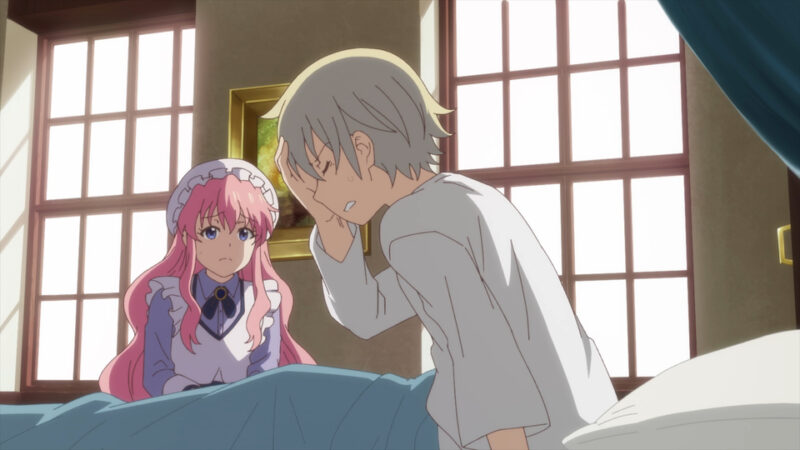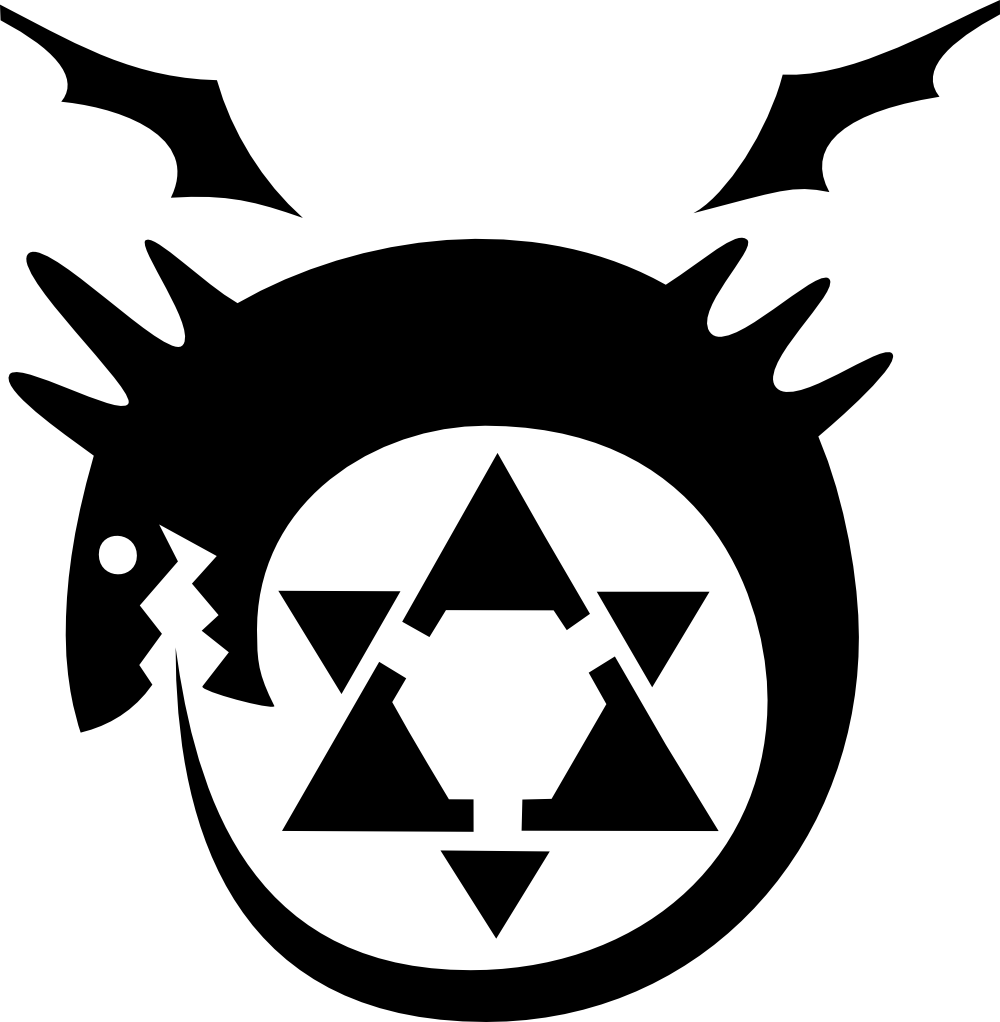
If you write or consider writing a novel, you’ve likely ran against the idea of the platform. This creature acts as the steed that carries the author to success if you believe the platform-oil salespersons. Email lists stand at the saddle for this steed.
Honestly, it’s a lot of bunk.
I’ve found the process of publishing books hard. I hate marketing. And I mean that. I despise it and seek to shut as much marketing out of my life as I can. I run layers of ad blockers. The mythical platform is supposed to be the main marketing method of writers, but who is interested in content designed to take email addresses and push products?
Blogs still offer one of the most effective outreach method. People herald social media, but you are subject to the whims and mercies of those companies. You can pour hundreds of hours into your social media accounts only to have them disappear in an overnight algorithm update. What if a platform suddenly loses popularity? Think of the ancient Vine and MySpace and Xanga sites.
Blogs, on the other hand, belong to you. When you buy the domain name, as long as you pay the rent, you own the land. You can do whatever you want without worrying about the whims of the social media company. Your content is your own.

However, that doesn’t mean you can do anything. You wouldn’t read JP if all I discussed was why you should buy my books or buy whatever product I’m endorsing. Many authors view their platforms as just that–a means to an end. Blogs are an end to themselves. I write on JP because I enjoy it. I enjoy sharing what I find interesting about anime, Japanese culture, and sometimes the writing world. I could easily turn JP into a writing specific blog with all I’ve researched and read about writing. But then it wouldn’t be JP anymore. An occasional week focused on writing notwithstanding.
It’s best to set limits for yourself. I’ve discussed what it takes to make a successful blog before, but the point is worth belaboring again. Freedom appears when you are limited. By limiting myself to Japanese culture and anime (with deviations to spice things), I’ve found it easier to write. I used to have a personal blog back when everyone had one. I would write about whatever struck my fancy. Topics ranged from Final Fantasy VI to quantum mechanics to the latest history book I was reading. No focus meant no readers.
Successful blogs (however you want to measure success) give. Why would you want to read my meanderings about the philosophy of grocery store design? Why would you want to read about what I ate for dinner? None of that is helpful. On JP, I attempt to give you something useful (except for posts like this!), something interesting, about our shared interests. I design my evergreen articles to help you with your essay writing assignments. I remember how I struggled to find good information on my anime-and-Japanese-culture-focused essay ideas.
Basically, authors make a mistake when they design their blogs to extract money from readers. Would I like you to buy my books. Of course! I dream of writing full time. As much as I like my job as a librarian, I want to be able to control my social intake. As an introvert I’m tired of being socially tired and unable to do the social things I want to do. Selling books would let me do that, but I don’t like to hawk my projects here any more than announcing a new book or a giveaway. Or anywhere for that matter. I loathe marketing when it targets me so why would I want to make anyone else deal with such nonsense?
Blogs also provide a small space where you set the tone. You might have noticed how I avoid using coarse language most of the time. I’m tired of the abrasive and, frankly, poor language found throughout the Internet. Cursing isn’t funny. In writing, it shows laziness. I wish we could return to the old days when insults were low, eloquent punches that were used only when needed. Nowadays, cursing appears everything. Fuck is particularly a terrible word, and a word I absolutely detest. I lack words for how much I detest the word. Hate is too overused. Loathe doesn’t quite get to my feelings of dislike. I dislike how it has no true meaning or part of speech. It’s used as noun, adjective, preposition, adverb, verb, interjection, conjunction, and even as punctuation. I truly despise the word.

I can’t do anything about the use of this word and other poor language in life and elsewhere online. But here, I can. I can censor if I want. I can delete. I don’t have to put up with such foolishness and disregard here on JP. And that’s perhaps the best aspect of owning a blog. You can control the tone of the conversation or shut it off entirely. Unlike social media sites, you can control all aspects of your website.
Blogs reflect their authors because of this level of control. It’s a portfolio of your writing and your thoughts. JP is, admittedly, messy at times. I edit posts for grammar, but I don’t scrub at them as I would a book manuscript. The imperfections show a human hand–mistakes and all–behind each post. Mistakes make a blog feel warmer and more welcoming. As long as there aren’t too many! While bloggers are at the mercy of Googlebot and other search engines, search isn’t as fickle as social media algorithms. In the end, blog space is like having your own house. You can paint, remodel, and renovate however you want. The key idea of a blog is to give to your readers, not to take. Author platforms give only with the intention of hooking people to buy books. I don’t have that sort of ulterior motive. I would be pleased, but I don’t set out to write articles to entice you to buy. Instead, I just want to write something you might find interesting and helpful.


